Do you know…………Suicidal thoughts are those that involve ending one’s own life, usually rooted in feelings of hopelessness, depression, anxiety, other mental illness, isolation, and abusing drugs or alcohol. This could also be triggered by a major life changing event. Sadly, this leaves behind families, friends, teachers, and therapists all wondering what could have possibly been done to prevent them?
This article is just for informational purpose. If you come across someone suffering from suicidal thoughts and depression, please listen to them compassionately and seek appropriate help immediately.
According to the American Foundation of Suicide Prevention, suicide is the 10th leading cause of death in the US. In 2017, 47,173 Americans committed suicide and 1,400,000 attempts were made. According to the Jason Foundation, more teenagers and young adults die from suicide each year than from cancer, heart disease, AIDS, birth defects, stroke, pneumonia, influenza and chronic lung disease combined.
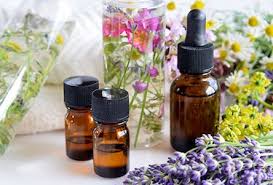
Aromatherapy for Suicidal Thought
Unfortunately, we live in a different world now where life style, our food, our environment, and stress level has changed. If our body is not equipped to deal with it i.e. if our body is unable to filter those free radicals and millions – billions more floating in our vicinity, compared to the anti-oxidant we have in our body to combat them, we feel sick. This affect us emotionally, mentally as well and we develop a feeling of failure, depression, isolation, etc. Ultimately, in few instances, could turn into a suicidal thought too. Depression can affect the way people feel, think, react to the situation and can cause both physical and emotional symptoms, like:
anxiety
restlessness
sadness
difficulty concentrating
difficulty sleeping
feeling of failure, incapable to handle the situation
First step to prevention of suicidal thoughts is awareness and education by alerting family members/Parent to have family meeting with love and compassion, a therapist, teacher, or suicidal hotline (The National Suicide Prevention Lifeline available at 1-800-273-8255 (TALK) is a free and confidential service available 24/7), consuming an anti-depression diet, supplementing to support cognitive health, exercise, and Aromatherapy with the use of Essential Oils. Essential Oils are natural plant extracts with different therapeutic properties and have been used since ancient times to cure different ailments. A sense of smell is one of the five senses and a powerful connector between people and the world around them. Aromas are highly emotive and everyone reacts to scents differently based on their past experiences, memory, and emotions. This, in turn, may provide some relief in mood disorders, such as depression. Essential oils that could be helpful are:
- Bergamot
- Lavender
- Roman Chamomile
- Ylang Ylang
- Sweet orange
- Grapefruit
- Neroli
- Frankincense
- Jasmine
- Sandalwood
Om Healing………..Uma
(Founder of AromaWellness)
visit aromawellness.net, to order
Call 414-793-8645, to schedule your consultation appointment




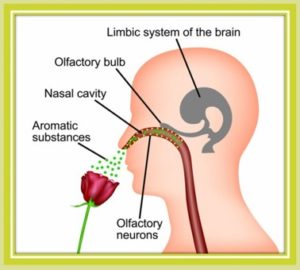

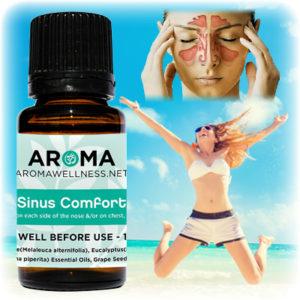
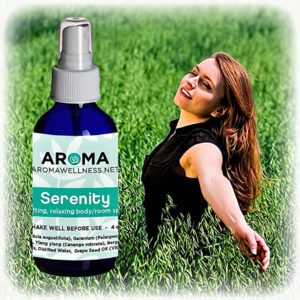
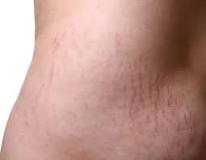



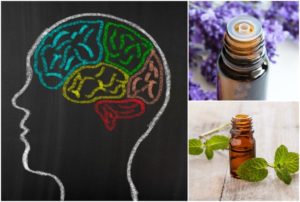
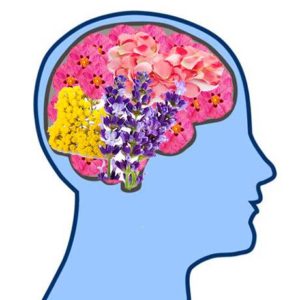
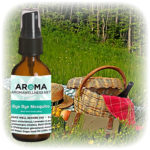
Recent Comments